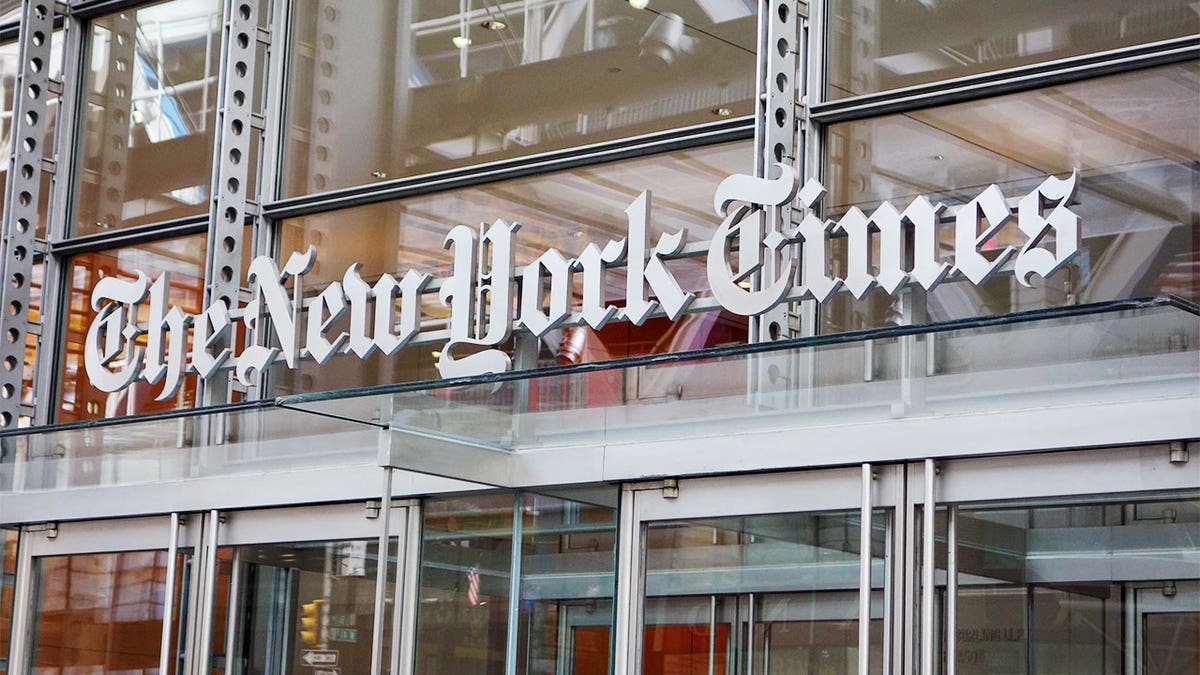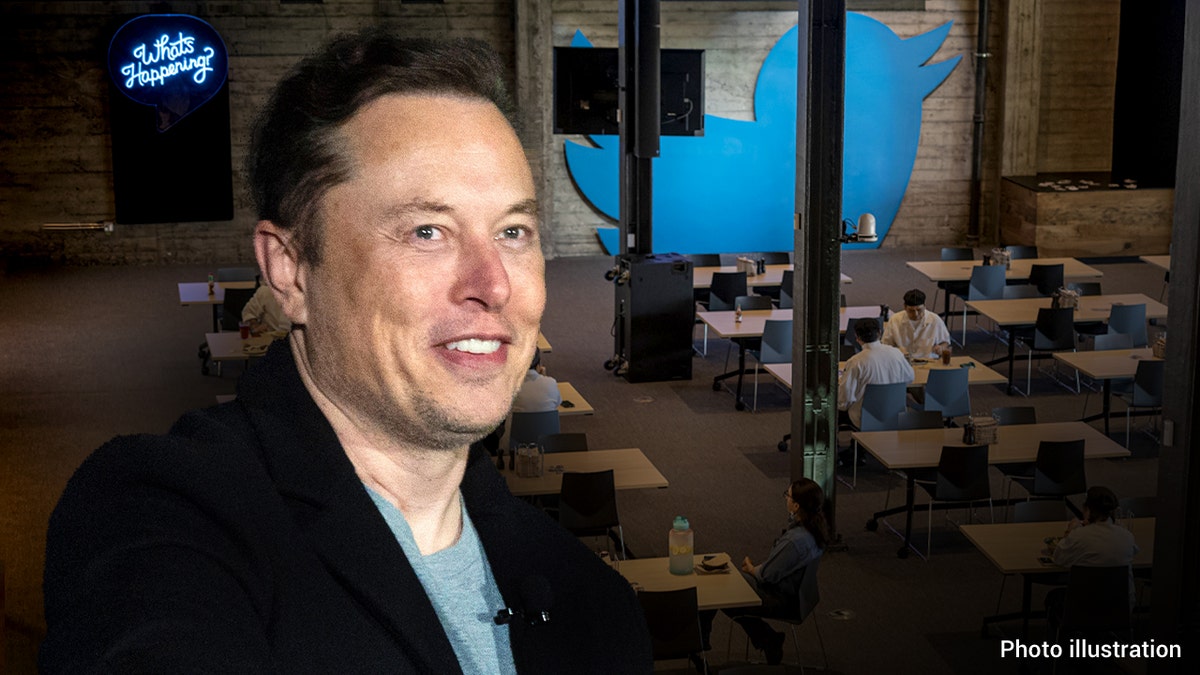'The Five' reacts to the 'big win' for free speech after Elon Musk acquires Twitter
'The Five' gives their take on the Tesla CEO acquiring Twitter.
A New York Times tech writer bluntly stated that the 2016 U.S. presidential election and Brexit are "what can go wrong" when social media companies fail to adequately manage content.
In a story that appeared on the front page of Tuesday's print edition, Shira Ovide’s tech piece "Buying Twitter, Elon Musk Will Face Reality of His Free-Speech Talk" waded into the heated discussion surrounding the Tesla CEO’s new business venture and the larger issue of how tech companies should regulate content, if at all.
Declaring that "almost no place on the internet or in the physical world is a zone of absolute free expression," Ovide ran through a number of prominent controversies that the likes of Twitter, YouTube and Facebook were "dragged into," including government abuses of social media, incitements of ethnic violence and threats by foreign elected officials against their employees.
'THE VIEW' BLASTS 'TROLL' ELON MUSK'S TAKEOVER OF TWITTER: 'FREE SPEECH OF STRAIGHT, WHITE MEN'

U.S. District Judge Jed Rakoff sided with The New York Times. (Photo by DON EMMERT/AFP via Getty Images) (DON EMMERT/AFP via Getty Images)
Ovide, who writes the paper's On Tech newsletter, called Musk a "relative dilettante" on the subject of free speech and illustrated a Twitter world in which people are harassed by those who disagree with their views and swamped with cryptocurrency scams, "fake Gucci handbags" and pornography.
"The 2016 U.S. presidential election and the Brexit vote that same year gave Silicon Valley executives, U.S. elected officials and the public a peek into what can go wrong when social media companies opt not to wade too deeply into what people say on their sites," warned Ovide. "Russian propagandists amplified the views of deeply divided Americans and Britons, further polarizing the electorate."
Some Twitter users were quick to criticize the New York Times article for its blunt admission.

Employees at tables inside Twitter headquarters in San Francisco, California, U.S., on Thursday, March 17, 2022. (Photographer: David Paul Morris/Bloomberg via Getty Images)
FiveThirtyEight founder Nate Silver said Ovide’s statement, while not "unquestionably wrong," contained a number of "questionable assertions" and "errors of omission" that excluded it from the realm of "casually-tossed-off" wisdom. He subsequently went into further detail about Ovide’s points and claimed it was "dubious" to say that a lack of content regulation was responsible for Trump's victory and Brexit.
Very Serious newsletter author Josh Barro also weighed in on the discussion, saying the "disinformation" framework was "creepy."
"[The] underlying idea is that voters are making wrong choices and we need to fix the information flow so they make right choices," he wrote.
CLICK HERE TO GET THE FOX NEWS APP
"It was also really weird the media treated it as a fait accompli that the Democrats in 2016 would win a third term in the WH. Historically, such party dominance is rare. Given how polarized we are now, pulling off the trick is even harder," added author Ross Barkan.










































